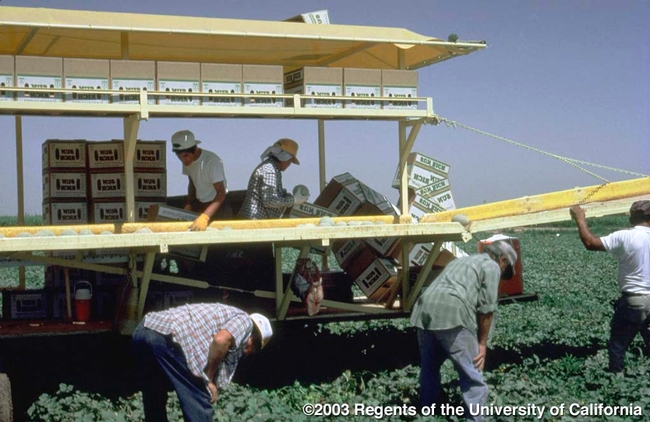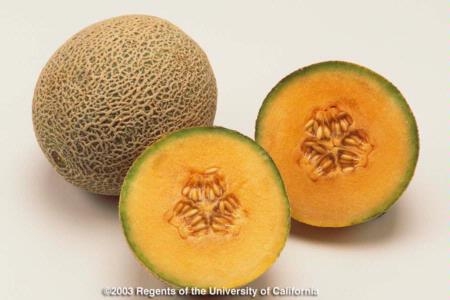Posts Tagged: listeria
Foodborne illnesses and the 100K Genome Project
An ambitious effort to sequence the genomes of 100,000 infectious microorganisms and speed diagnosis of foodborne illnesses has been launched by the University of California, Davis, Agilent Technologies, and the U.S. Food and Drug Administration.
Bart Weimer, professor in the UC Davis School of Veterinary Medicine, serves as director of the 100K Genome Project and co-director of the recently established BGI@UC Davis facility, where the sequencing will be done. Other collaborators include the U.S. Centers for Disease Control and Prevention and the U.S. Department of Agriculture.
The new five-year microbial pathogen project focuses on making the food supply safer for consumers. The group will build a free, public database including sequence information for each pathogen's genome — the complete collection of its hereditary information. The database will contain the genomes of important foodborne pathogens including Salmonella, Listeria, and E. coli, as well as the most common foodborne and waterborne viruses that sicken people and animals.
The project will provide a roadmap for developing tests to identify pathogens and help trace their origins more quickly. The new genome database also will enable scientists to make discoveries that can be used to develop new methods for controlling disease-causing bacteria in the food chain.
"This landmark project will revolutionize our basic understanding of these disease-causing microorganisms," said Harris Lewin, vice chancellor for research at UC Davis.
The sequencing project is critically important for tackling the continuing outbreaks of often-deadly foodborne diseases around the world. In the United States alone, foodborne diseases annually sicken 48 million people and kill 3,000, according to the CDC.
"The lack of information about food-related bacterial genomes is hindering the research community's ability to improve the safety and security of the world food supply," Weimer said. "The data provided by the 100K Genome Project will make diagnostic tests quicker, more reliable, more accurate and more cost-effective."
"We see this project as a way to improve quality of life for a great many people, while minimizing a major business risk for food producers and distributors," said Mike McMullen, president of Agilent’s Chemical Analysis Group.
A consumer-focused article about the project is available on the FDA website.
(This article was condensed from a UC Davis news release. Read the full press release and watch a video of Bart Weimer giving an overview of the project.)
Food safety specialist addresses cantaloupe guidelines
Trevor Suslow, UC Cooperative Extension food safety specialist at Davis, was told by the farm owner that they believed the postharvest system used in conjunction with the outbreak was an improvement over their previous methods — though Suslow disagrees. He acknowledges, however, that the FDA does not make a definitive statement in its growing guidelines on the safest method of cleaning, cooling or packing cantaloupe.
Agricultural program helps keep youth out of gangs
An Associated Press article by Gosia Wozniacka profiles volunteer work by Manuel Jimenez, UC Cooperative Extension farm advisor in Tulare County. The article was published by news outlets such as the Fresno Bee, San Francisco Chronicle, ABC News, Fox News, CBS News, Seattle Post-Intelligencer and others.
He and wife Olga teach life skills and farming techniques to youth on a 14-acre garden in Woodlake, Calif.
"We want to grow kids in our gardens, because we've seen what violence, drugs and alcohol can do," Jimenez told the reporter.
The article also includes comments from youth volunteers in the program, past and present.
"Everything Manuel did was interesting to me," said Walter Martinez, who is now a UC Cooperative Extension field assistant and also served as a volunteer at the garden through middle and high school.
Cantaloupe's rough skin can hide microbes
In a New York Times story about the listeria outbreak linked to cantaloupes grown in Colorado, Trevor Suslow, a Cooperative Extension specialist at UC Davis, explained how bacteria can adhere to the melon's rough skin. Reporter William Neuman quotes Suslow as saying, “You have these tremendous hiding places, if you will, nooks and crannies, lots of areas for microbes to get in and attach and hide.”



